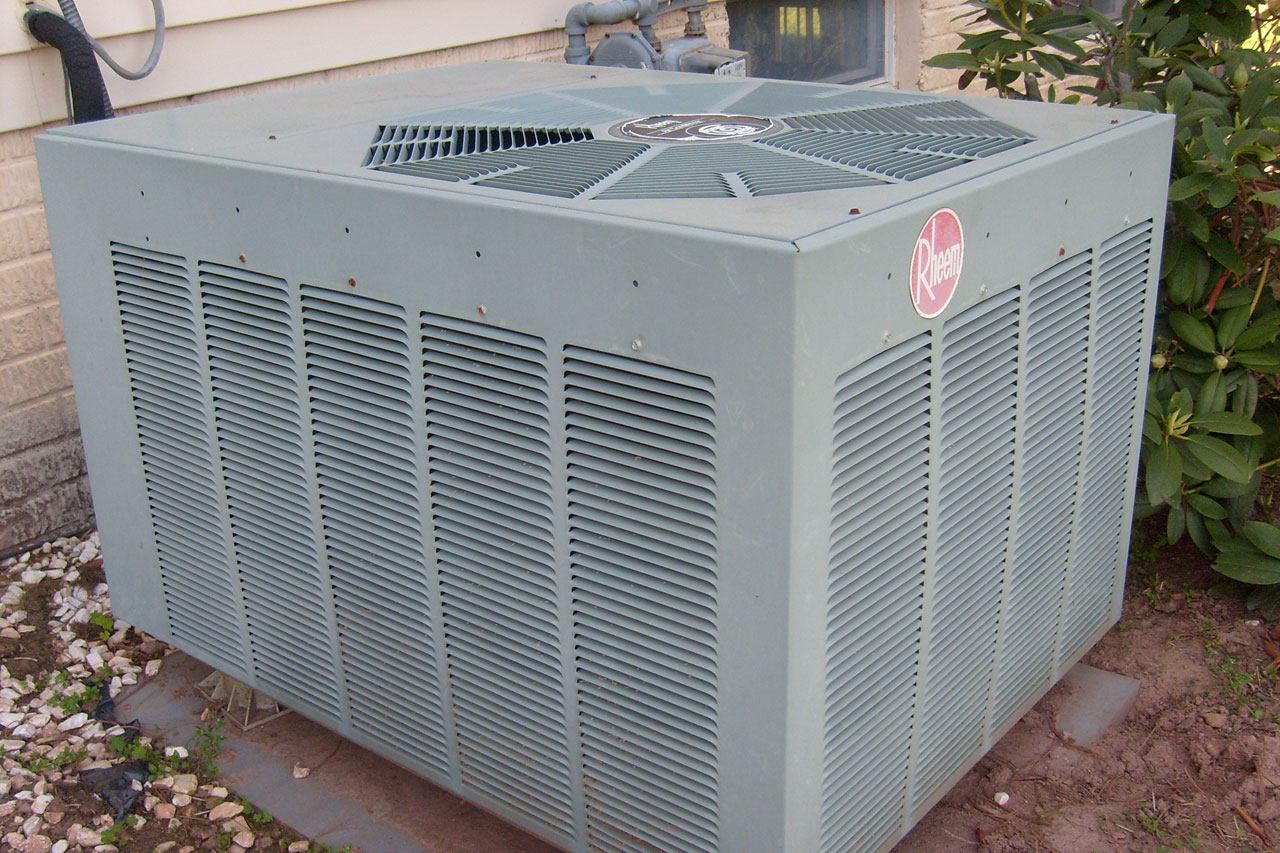
Air conditioning is one of those things that no one really thinks about getting, they just do it. It’s a very important part of the household because it prevents people from having meltdowns and homes from turning into ovens. However, there is a big difference between how much air conditioning should bump up your electric bill and how much it actually does, with the latter being the rather unfairly high number in this scenario. If you don’t like having to pick between staying cool on hot days and being broke due to electric bills all the time, we invite you to take a look at these top tips on how to save money on air conditioning.
Getting the right equipment
Just because it’s air conditioning doesn’t mean it’s going to do much for you. You need to invest in equipment that will do the job correctly. Try stopping by National Air Warehouse and see what they have to offer in your budget range. Air conditioning is one of the things that deserve a spring in terms of budget. Make sure you also get a smart thermostat which is capable of regulating the temperatures and the AC activity when you’re not home. Depending on the temperatures, it will save you a lot of money in the long run by not keeping the AC on when it’s not needed.
Keep in mind however that you need to place the thermostat on an appropriate wall. Look up some guides on the subject, as placing the thermostat on a wall that is subject to misleading temperatures (such as being opposite a window, so the sun reflects directly on the thermostat). If a situation like that were to occur, you would end up paying for more AC On time, because the thermostat believes it’s hotter than it actually is. Ask a specialist where the optimal position in your home would be for the thermostat, so that you don’t get false reading and inaccurate management of the AC.
Preparing the right setting
It’s not enough to have the best gear in the neighborhood. You also need to have a home optimized for proper AC. Make sure that you mount your thermostat on a wall that isn’t close to a hot window or even worse, a direct source of heat. This will make it trigger the AC a lot more often when there’s no actual need for it. Additionally, you’d be surprise of how much cool air goes to waste in homes that aren’t exactly new. That’s because the cold air finds cracks and leaks through which to escape, so it’s best to call in a professional to evaluate your home and tell you if there are any cracks you should fix. This will also save you a lot of money.
Be warned however, that it’s very easy to conduct a misleading investigation. Be it willingly or not, an investigator might mislead you into thinking that your home needs or doesn’t need repairs, when in truth it’s quite the opposite. The reason for this most of the times is the fact that people use a cheap service. You’ll be able to save a lot more money by investing short term, rather than having to revisit the same jobs in the long run. Make sure you hire a competent and recommended home inspection service, so whatever their evaluation finds, you can trust that it’s the real deal.
Alternate cooling solutions for less energy consumption
You don’t always have to turn on the AC when you’re feeling hot. There are numerous situations in which the smallest of changes can have a very big impact. This means that it can be more effective (and definitely more economic) to just open a window or even two, or shut the blinds. This will provide enough heat mitigation and will keep you nice and cool, so there’s no need to power up the AC and consume more energy. In the long run, you end up saving a lot of money by being more tempered with the Power ON button.
The most frequent problem people find with this approach is that it’s like an open invitation for bugs during the summer. The solution for this issue is extremely simple, as you just need to buy a cheap bug net which is placed on the frame of your window. That way, your window is wide open but bugs can’t get in. And yes, you can still see everything outside, except with very thin black lines from the net.